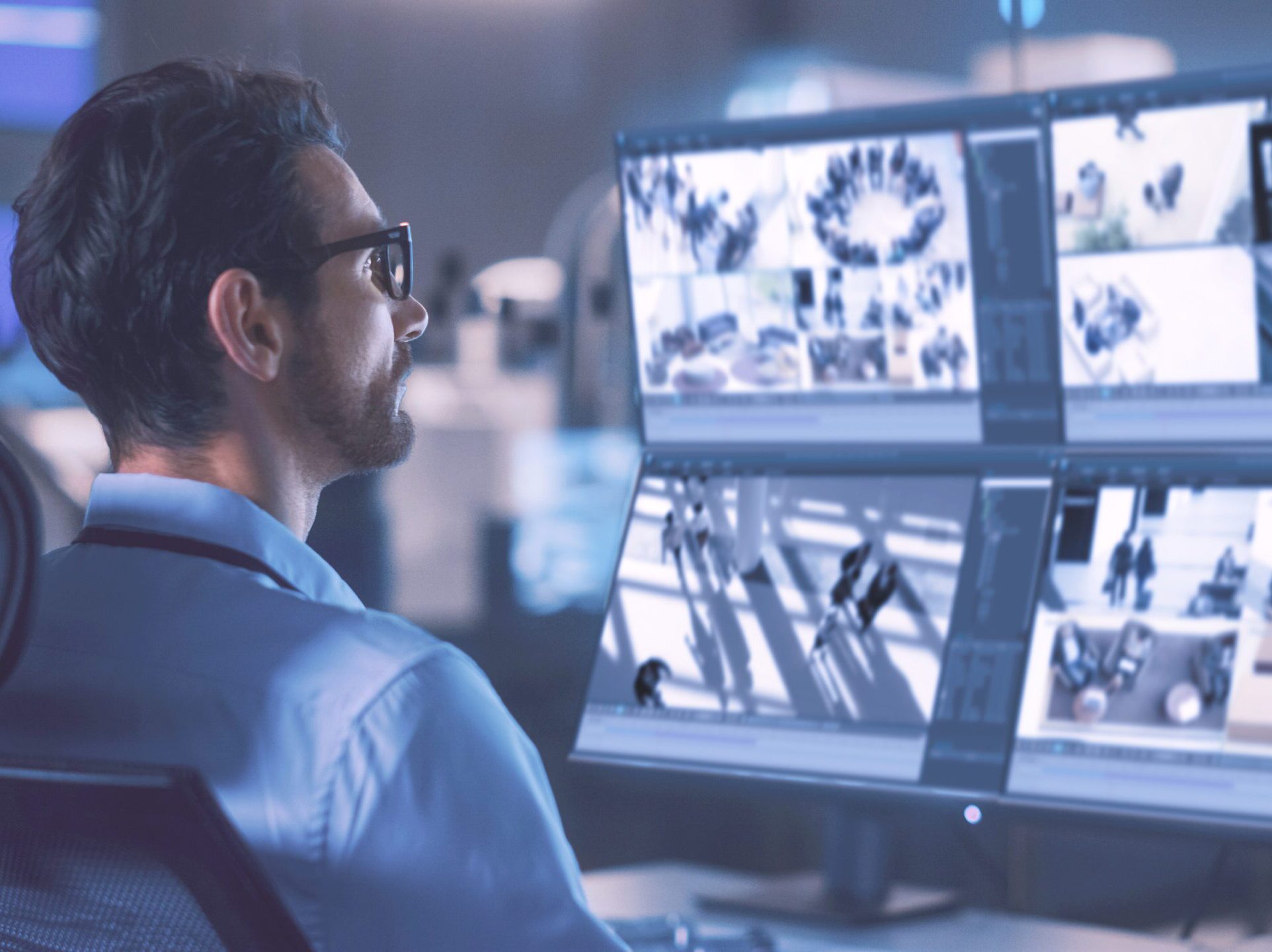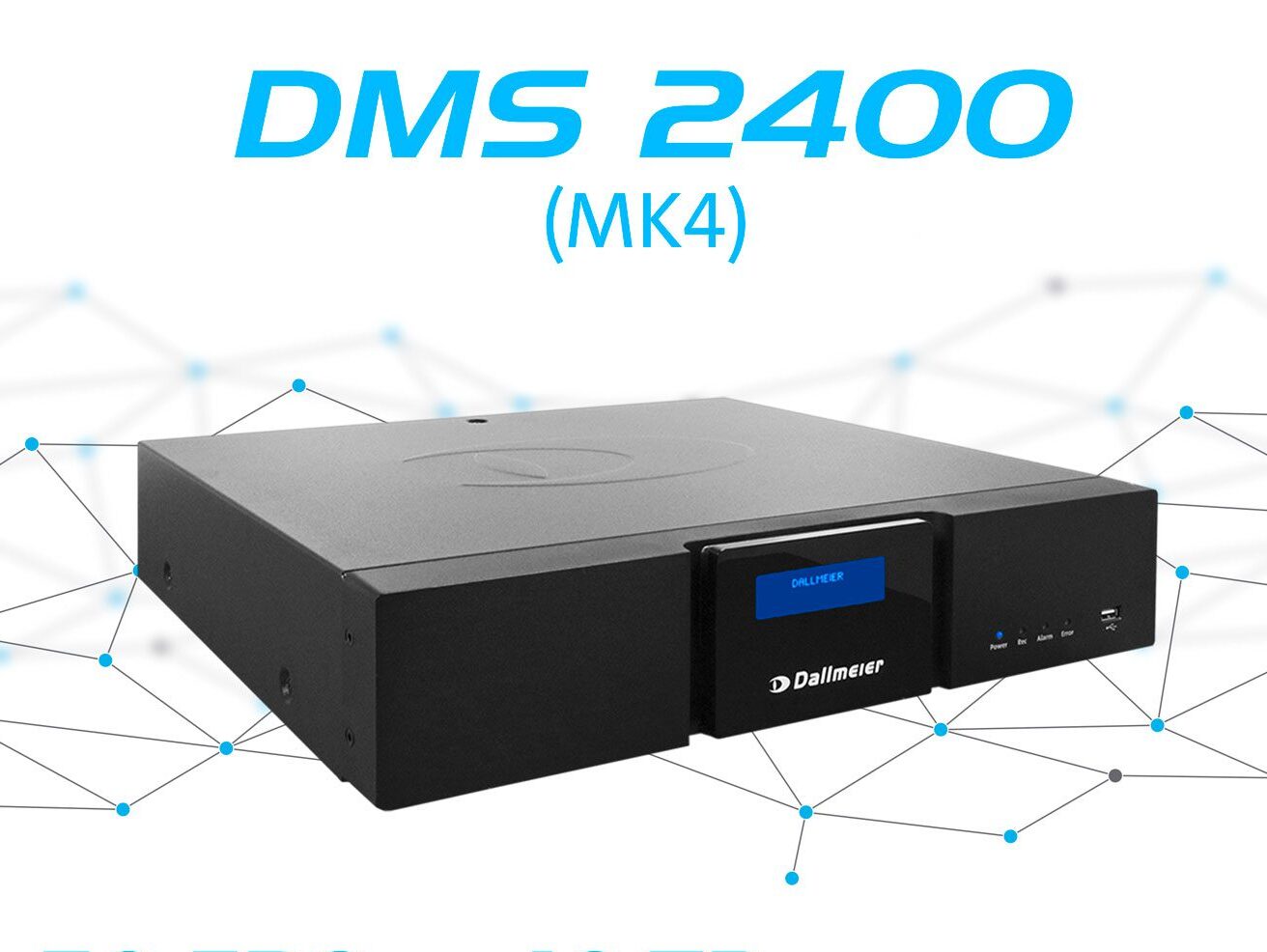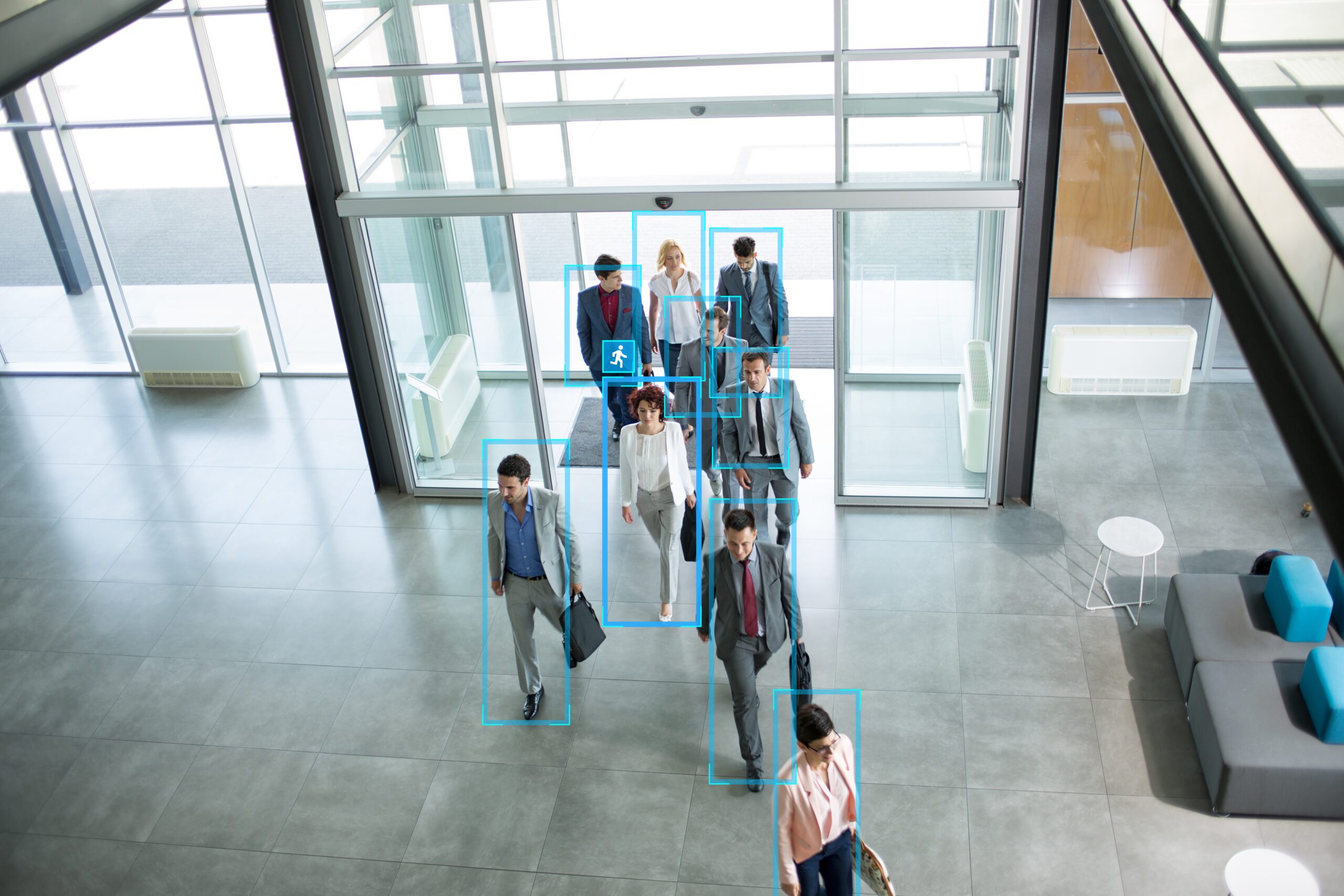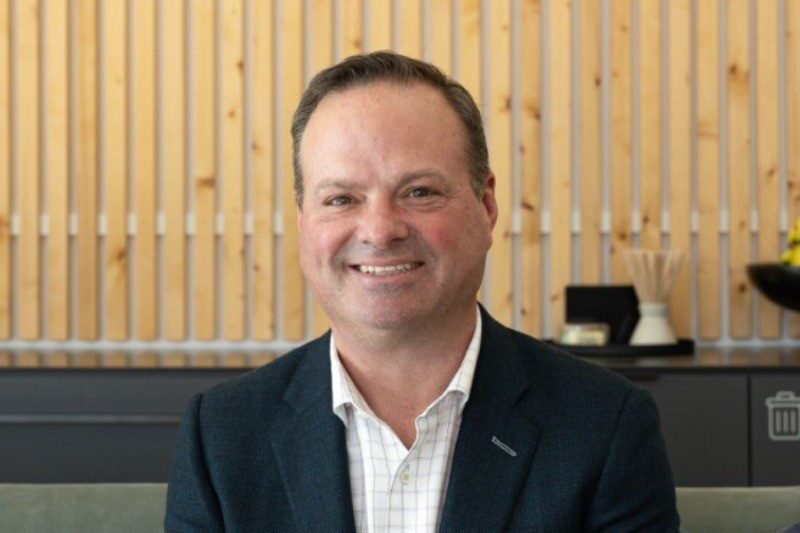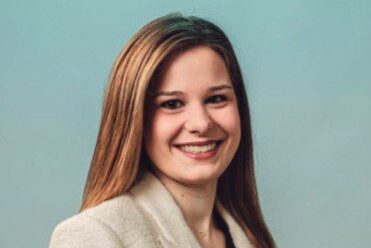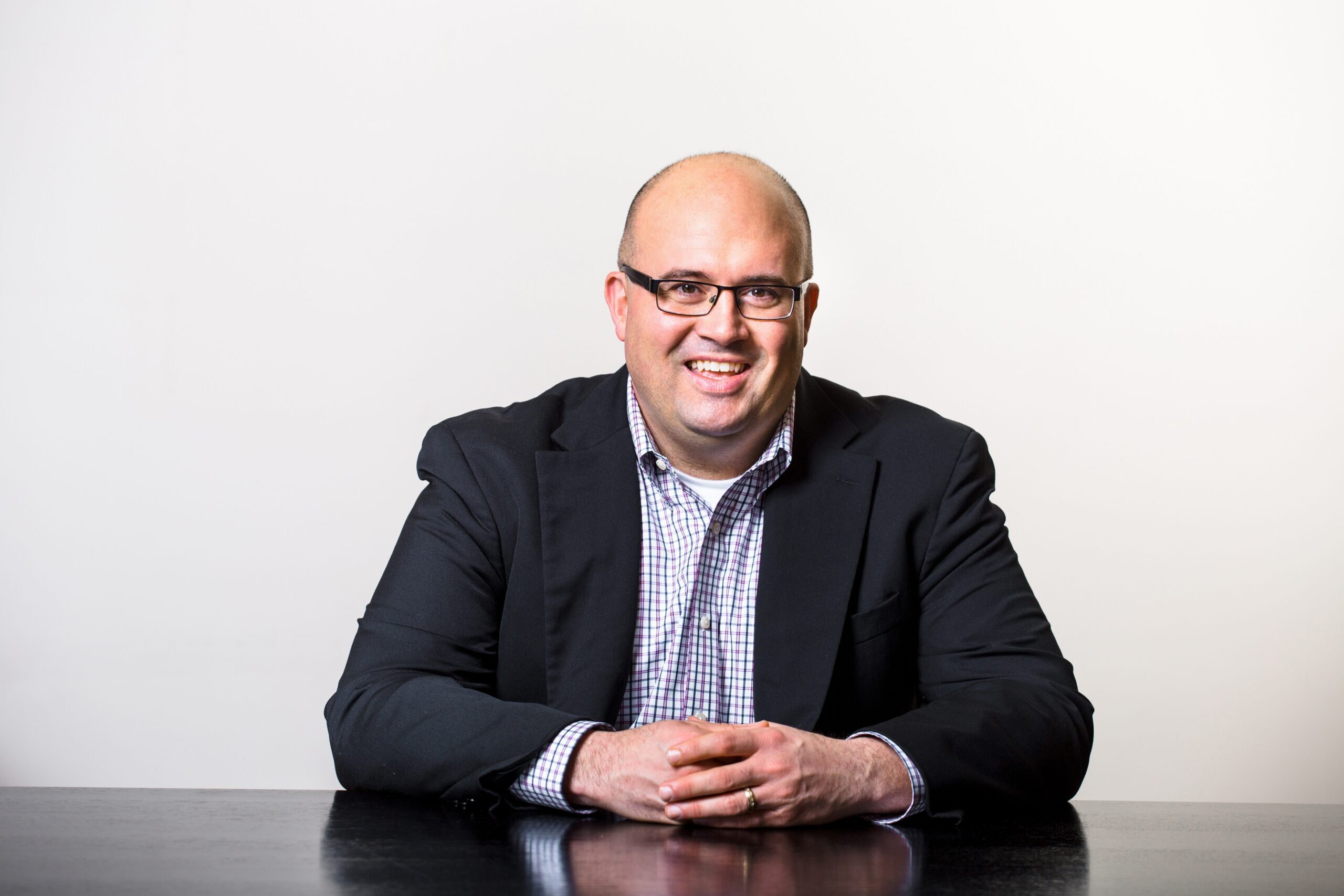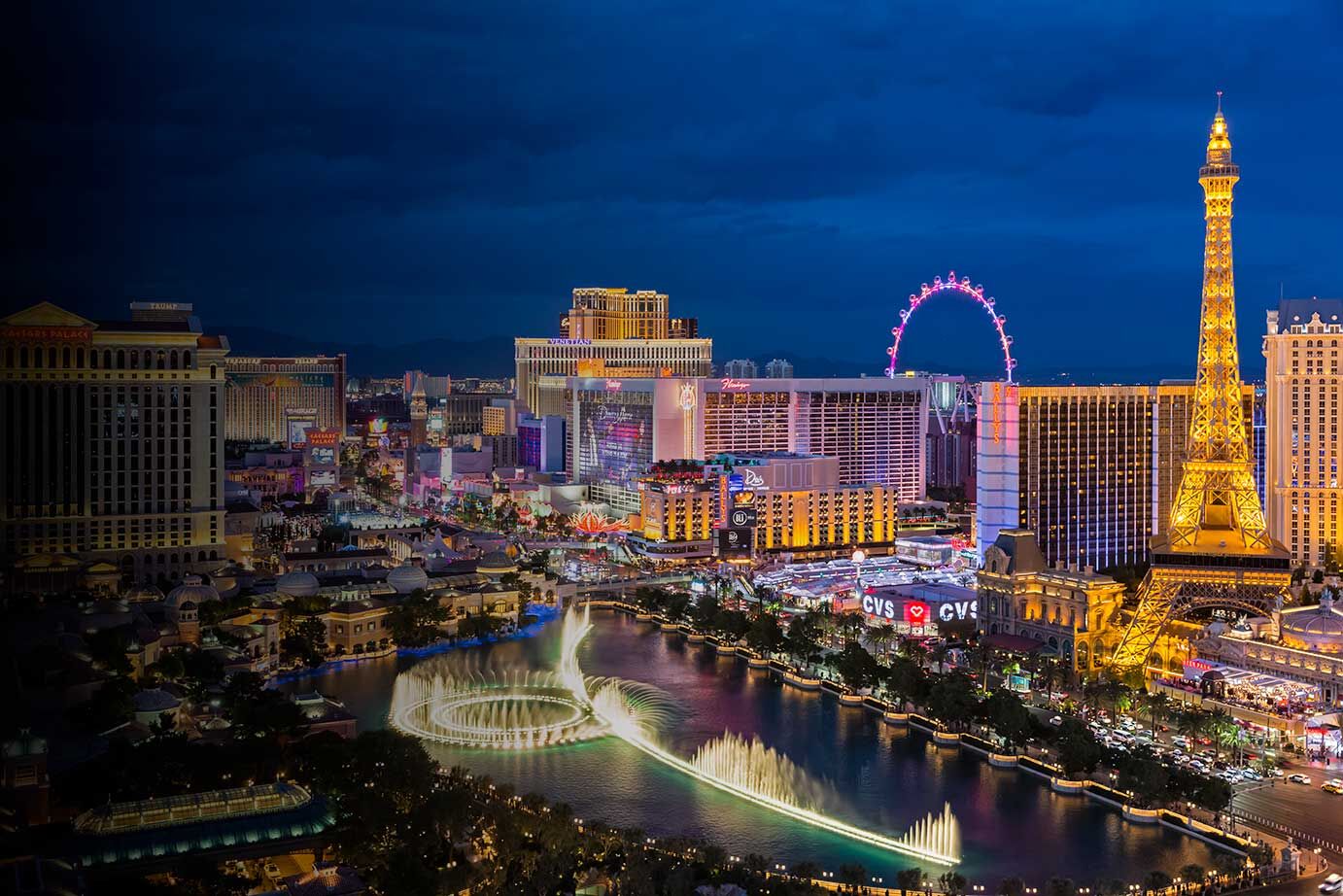The second reading of the Protection of Freedoms Bill in the House of Commons earlier this week saw many MPs stand up to speak out in favour of CCTV systems and their crime solving capabilities.
It is a sign of the support that CCTV enjoys, according to industry groups such as the British Security Industry Association (BSIA).
The bill, which ministers claim will protect millions of people in England and Wales “from unwarranted state intrusion in their private lives”, proposes that under the new law, the Home Secretary will be required to publish a code of conduct on using CCTV and other surveillance cameras.
In addition to this, a new Surveillance Camera Commissioner will be appointed to monitor the operation of the code, reporting to Parliament once a year.
Debate over the bill went on well into the evening, with MPs from various political backgrounds commenting on how useful CCTV had been in cutting crime in their constituencies, adding that many local residents had in fact requested a greater CCTV coverage in their area.
Former Home Secretary, Jack Straw, commented: “In the whole of my 32 years in this House, I have never had a single representation seeking the removal of CCTV monitors. Not one. The demand is there because it makes people feel safe.”
Pamela Nash, Labour MP for Airdrie and Shotts, added: “Crime in Airdrie town centre fell by 24 per cent in the first two years after the introduction of open-street CCTV. It continues to be supported locally, and is seen to be a great success in reducing crime and antisocial behaviour.”
This support comes soon after Shipley MP, Philip Davies, spoke out in support of the use of CCTV in a recent article written for the influential ConservativeHome website.
In the article, Davies cites instances where CCTV evidence has helped secure convictions, adding that: “CCTV is not only an invaluable tool to the police, but also in courts. The footage provides a conclusive, unbiased account, void of someone’s spin or recollection. It is very difficult to argue with CCTV images and they often lead to changes of pleas from not guilty to guilty”.

Pauline Norstrom, Chairman of the BSIA’s CCTV Section, comments: “The crime-solving benefits of CCTV are well-publicised, as is its value as evidence in criminal proceedings.”
She adds: “CCTV has been a silent witness to crime, gathering indisputable evidence after a crime has been committed, saving the Government millions as a result of guilty pleas, brokered after the criminal has been shown the video of himself committing the crime in question.
“Should it become law, the Protection of Freedoms Bill will help to further ensure that CCTV is used as a force for good, reducing crime, protecting the public and strengthening public confidence in CCTV surveillance. As such, it is encouraging to see the benefits of CCTV recognised so publicly across the House of Commons.”
Further resources:
Protection of Freedoms Bill, Home Office
Protection of Freedoms Bill, Parliament UK

